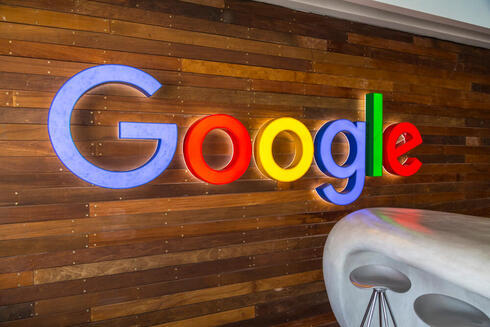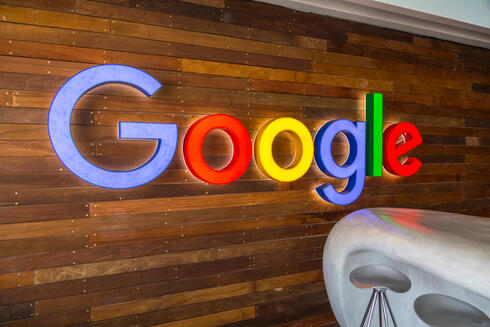
Analysis
How Google is bypassing EU attempt to curb its search monopoly
The European Union's Digital Markets Act, which will go into effect on March 7, aims to reduce the power of the technology giants; Google chose to leverage the changes in the law to increase its dominance in the search field
If there’s one thing monopolies like, it is to remain monopolies - and those who try to introduce competition will be attacked. Any move that could harm their dominance and open a window for competitors, will be disrupted, thwarted or compromised.
These days, the technology giants are facing one of the biggest threats to their absolute dominance - the new Digital Markets Act (DMA) of the European Union, which is expected to take effect on March 7. As expected, they are doing what they can to evade or distort the various limitations it imposes on them.
But Google is trying a particularly brazen move: leveraging the changes that the law requires it to make in order to increase its dominance in the search field.
The DMA introduces new and broad regulation for major platforms including app stores, search engines, browsers and operating systems. It will apply to services with an annual turnover of at least 7.5 billion euros in the Union and 45 million or more users in the Union.
The legislation will require companies to limit the uses they make of personal information, to limit the exclusivity of products or services they offer to end users, to allow the installation of third-party applications in the company's operating systems, and will also prohibit giving priority to the company's products over competing products.
Apple, for example, is required by law to open the iPhone to independent app stores. And as befits a company that is afraid to release its grip, it did open it but with so many limitations and difficulties that few will be able to create an independent app store. Many apps will fear entering such a store as the move could increase the fees they pay to Apple. This is an example of a company doing everything it can to soften the effect of the law. But Google went one step further.
One of the complaints of competitors in services such as Google Maps, for example the local search application Yelp, is that Google has designed its search results page in order to prioritize results from its application system over those from competing services.
For example, when searching for a query such as "meat restaurants in Tel Aviv" a map will be displayed at the top of the result and next to it some selected results accompanied by images, and only below them will the organic search results appear that can lead to independent services such as Rest or TripAdvisor.
Yelp has argued for years that this practice unfairly harms competition, and in 2017 the European Union Commission agreed and fined Google 2.4 billion euros. This decision is still unfolding in various appellate courts, but the DMA is designed to eliminate such practices once and for all.
Google apparently complied with the law's requirement to prevent unfair prioritization of its products. In the redesign for the European Union that Google revealed (but has not yet implemented), local search results from Google Maps still appear at the top of the page below the search bar, but later the company added widget boxes from external sites such as Yelp. Apparently, this should increase clicks on these sites.
Yelp, which knows Google's methods well, tested the new design in collaboration with the research company Lyssna. The company recruited 750 users and presented 500 of them with the new design and 250 with the old design. While in the old design, 55% clicked on Google Maps, in the new one the click rate was 73%.
Related articles:
In another version, in which the widget box is displayed above Google Maps, the rate of clicks on the external websites was 44% - only a symbolic improvement compared to the existing situation that still favors Google over the competitors (since the remaining 66% is divided among several different services).
The findings, Yelp says, indicate that the EU Commission should closely monitor how the companies implement the new law.
